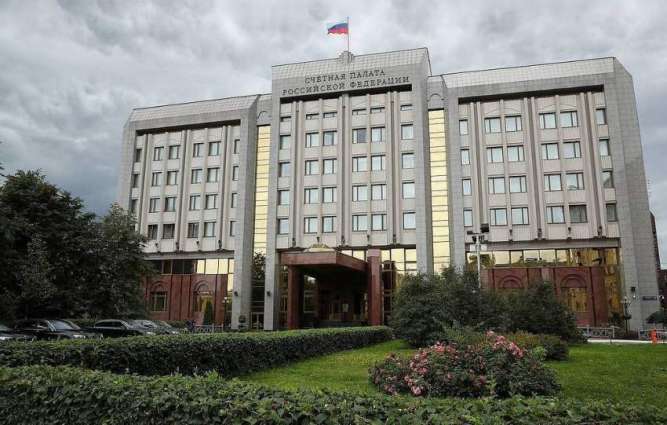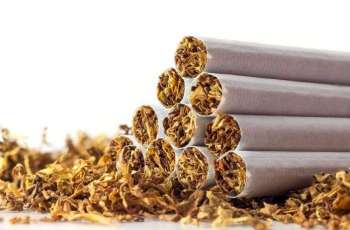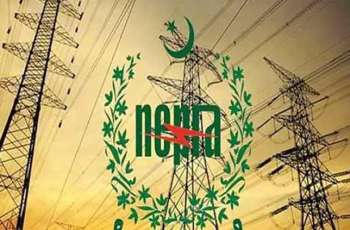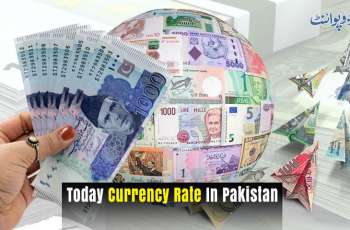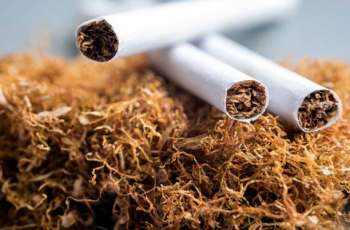The Russian Accounts Chamber presented on Wednesday its first ever forecast for the 2020-2023 development of the national economy, which includes a "shock scenario" involving the extension of coronavirus restrictions through late spring or early summer 2021
MOSCOW (Pakistan Point News / Sputnik - 28th October, 2020) The Russian Accounts Chamber presented on Wednesday its first ever forecast for the 2020-2023 development of the national economy, which includes a "shock scenario" involving the extension of coronavirus restrictions through late spring or early summer 2021.
The baseline scenario is based on roughly the same assumptions as the official forecast of the Russian Economic Development Ministry: The COVID-19 pandemic had the bulk of impact on the economy in the second quarter of 2020, the fight against it will continue, but most countries will abstain from re-introducing tough restrictions.
Meanwhile, the conservative scenario presumes a more dramatic second wave of the pandemic in fall 2020, winter 2021 and perhaps even spring 2021, with new quarantine restrictions both in Europe and in Russia. "In this scenario, mass vaccination and abandonment of quarantine restrictions is expected no earlier than end of spring or summer 2021. This is a stress scenario for Russia with remaining risks of the pandemic but without a new shock related to oil price decline," the Accounts Chamber explained.
"The decline of the Russian economy will be deeper in 2020 compared to the first scenario, while the restoration of the global economy in 2021 will not be full and will be partially postponed to 2022," the Accounts Chamber went on to say. The baseline scenario anticipates a 4.2 percent GDP decline in 2020, and the conservative scenario says it will drop by 4.8 percent. Both scenarios presume that the Russian economy will start growing in 2021: The baseline scenario says the 2021 GDP growth will amount to 2.2 percent, while the conservative scenario says it will only total 1.3 percent.
The baseline scenario says that Russia's investment will decline by 4.5 percent, while the conservative scenario says it will decline by 5 percent. Both scenarios expect investment growth in 2021, with the baseline scenario forecasting 2.5 percent increase, and the conservative scenario expecting 1.5 percent. The baseline scenario says Russians' real income will drop by 2.3 percent in 2020 and increase by 2 percent the next year, and the shock scenario suggests 2.5 percent decline in 2020 and 1.5 percent growth in 2021.
The relatively moderate decrease in the real income is explained by the big share of social policy spending in the Russian budget, and also the expected growth in real wages and low unemployment level. In the baseline scenario, unemployment will grow to only 6 percent of the economically active population this year and fall to the pre-crisis level of 4.5 percent already in 2022. At the same time, the conservative scenario says unemployment will reach 6.3 percent in 2020 and return to the pre-crisis level in 2023.
